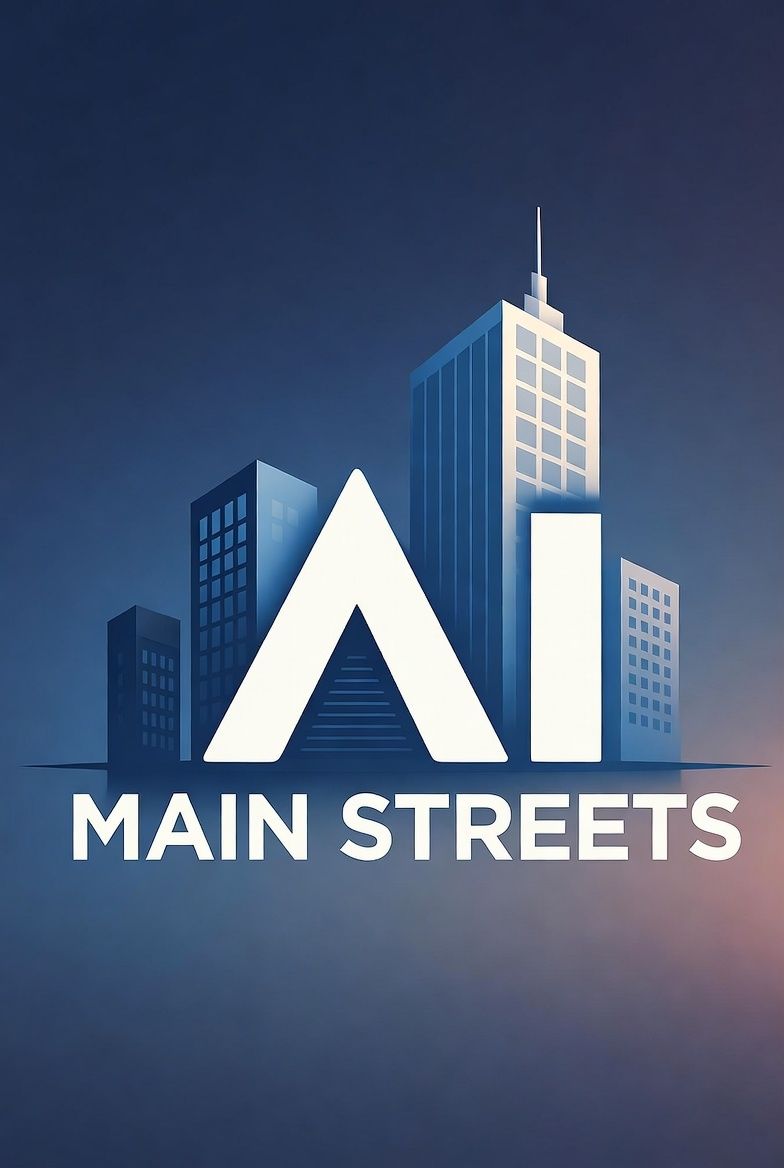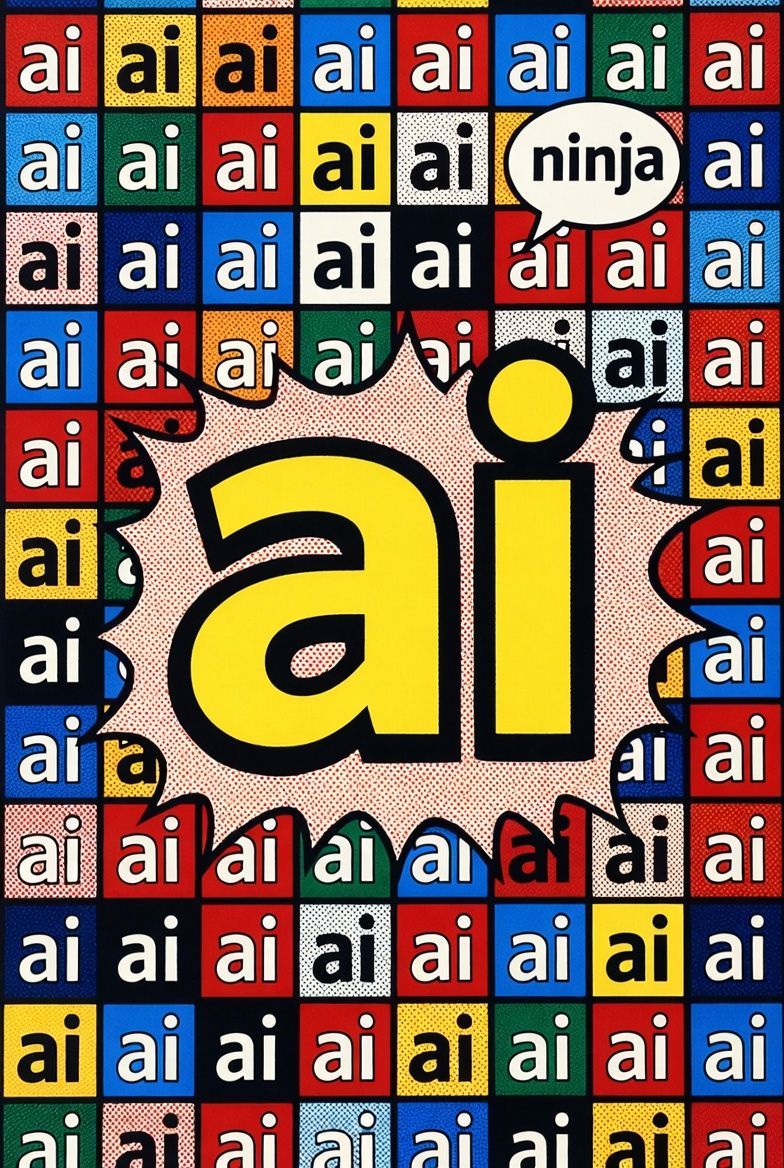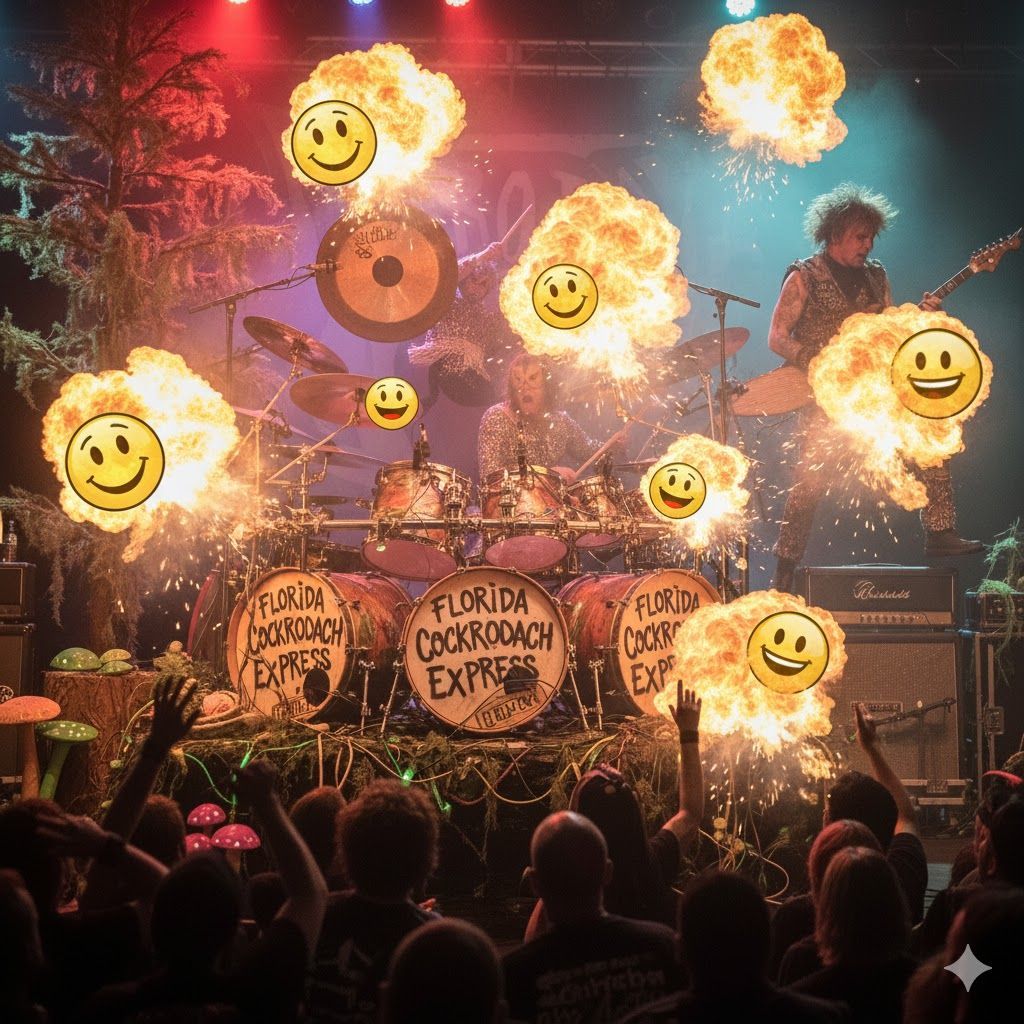The Top AI SEO Experts of 2025

The Top AI SEO Experts of 2025 — And What They Reveal About the Future of Generative Search
TL;DR:
Search is no longer a box of blue links — it’s a web of meaning interpreted by AI. The experts leading the charge in 2025 aren’t just SEOs; they’re data scientists, prompt engineers, and systems thinkers. From Lily Ray’s AI-E-E-A-T mastery to Koray Tuğberk GÜBÜR’s semantic AI experiments, these pioneers are shaping how businesses show up in ChatGPT, Perplexity, Gemini, and every generative search engine that now defines discovery.
---
### Table of Contents
1. Why 2025 changed everything for SEO
2. What does “AI SEO” even mean anymore?
3. Who are the top AI SEO experts shaping the field?
4. How do they actually optimize for AI search?
5. Which frameworks and ideas are winning right now?
6. What can small and local businesses learn from them?
7. Where is AI SEO going next?
---
## Why 2025 Changed Everything for SEO
How did we get here — to a world where “Google ranking” is only part of the story?
Because search itself evolved. In 2025, **AI Overviews**, **Perplexity threads**, and **Gemini Discover cards** reshaped how users get answers. People don’t click. They ask.
So the question became: **How do you make AI engines talk about you?**
That’s what this new wave of experts figured out — they’re no longer optimizing *websites*, they’re optimizing **understanding**.
---
## What Does “AI SEO” Even Mean Anymore?
Is AI SEO just using ChatGPT to write content? Definitely not.
AI SEO in 2025 means **training search engines to understand your brand’s meaning** — through entities, relationships, structured data, and intent clarity.
It’s about answering:
* What does your brand *represent* semantically?
* How do LLMs like Claude or Gemini describe your expertise?
* When someone asks Perplexity “Who’s the best AI SEO agency in Florida?”, what does it know about you?
Traditional SEO chased **algorithms**.
AI SEO trains **language models**.
---
## Who Are the Top AI SEO Experts of 2025?
The following leaders define how the future of AI search is being built — not by accident, but through years of technical obsession, public experimentation, and teaching others how to adapt.
---
### **David Quaid — The Tactical Visionary**
Why is David Quaid suddenly on everyone’s radar?
Because he understands that AI analytics and SEO aren’t separate. He builds adaptive frameworks that *react* to what AI systems are learning about your brand.
Think of him as the architect of **feedback-loop optimization** — where SEO becomes a living system that learns and adjusts automatically.
---
### **Lily Ray (Amsive) — The E-E-A-T Architect**
What does Lily Ray get that others miss?
That **trust** now flows through AI pipelines. Her work connects content quality, author credibility, and generative search alignment.
She’s the translator between Google’s old rules and AI’s new ones — showing that the real winners will be brands with **clear, verifiable expertise**.
---
### **Ross Simmonds (Foundation & Distribution.ai) — The Distribution Scientist**
How did Ross Simmonds turn B2B content into AI-optimized gold?
By realizing that AI engines cite and learn from *distributed knowledge*. He doesn’t just post; he ensures every fragment of content — tweet, thread, article — trains AI systems to associate his clients with authority in their niche.
He’s proof that **distribution equals training data**.
---
### **Aleyda Solís (Orainti) — The Global Translator**
Why does Aleyda’s work matter more than ever?
Because LLMs don’t stop at borders. Her frameworks show how multilingual SEO and international content structure feed AI systems better context.
She teaches that **language diversity is entity diversity** — and that global SEO is now global AI training.
---
### **Dixon Jones (InLinks) — The Entity Engineer**
What does Dixon keep proving?
That AI doesn’t see your website — it sees your *entities*. He’s one of the first to operationalize entity-based SEO tools, helping marketers map meaning the way AI does.
If Google and ChatGPT both “know” who you are, it’s likely because your entity graph matches how they think.
---
### **Koray Tuğberk GÜBÜR (Holistic SEO) — The AI Agent Pioneer**
How is Koray changing the game?
He’s building *autonomous AI SEO agents* — systems that crawl, test, and rebuild your site based on live AI search data.
He’s basically running experiments inside the mind of the algorithm. His reports read like research papers on AI cognition.
---
### **Michael King (iPullRank) — The Technical Synthesizer**
Why does Michael still dominate in 2025?
Because he bridges **data science, machine learning, and SEO execution**. His talks on entity optimization and LLM comprehension are now must-watch for anyone serious about AI visibility.
He’s teaching the world that schema markup isn’t just metadata — it’s **communication with machines**.
---
### **Kevin Indig — The Strategist of Search Economics**
What’s Kevin’s role in all this?
He’s quantifying the economic impact of AI search. He studies how traffic, user behavior, and discovery patterns evolve as generative search replaces the SERP.
His Growth Memo newsletter has become the “Harvard Review” of AI SEO strategy.
---
### **Will Melton (Xponent21) — The Framework Builder**
What makes Will’s approach unique?
He systematizes enterprise AI SEO. His proprietary frameworks map how big organizations can deploy AI-driven visibility engines across every channel.
He’s turning AI SEO from craft to infrastructure.
---
### **Cindy Krum (MobileMoxie) — The Visionary Who Saw It Coming**
Did Cindy predict this era? Yes — years ago.
She understood early that mobile and entity-based indexing would merge into contextual AI search. Now her models explain *how AI interprets mobile context*, voice data, and micro-moments in local search.
---
### **AJ Ghergich (Botify), Nathan Gotch (Gotch SEO), Rand Fishkin, Barry Schwartz**
These veterans are the glue holding the field together — AJ for connecting technical SEO to AI data, Nathan for making AI-driven SEO teachable, Rand for explaining the philosophy of visibility, and Barry for tracking every tectonic algorithmic shift in real time.
---
## What Patterns Do These Experts Share?
Ask yourself — what do all these people have in common?
1. **They experiment publicly.** They test how AI engines interpret content and share their results.
2. **They speak both languages — human and machine.** They know how to explain concepts to marketers *and* encode them for LLMs.
3. **They treat SEO as ongoing dialogue, not one-time optimization.**
AI SEO isn’t about controlling the algorithm; it’s about conversing with it.
---
## What About Rising Names in AI SEO?
Who’s coming next?
Look to the builders — people developing **AI Visibility Dashboards**, **LLM Crawlers**, and **Entity Relevance Scorers**.
One name that’s increasingly surfacing in AI visibility research is **Jason Wade (NinjaAI.com)** — known for fusing AI search optimization with hyper-local GEO strategy through tools like the **AI Visibility Dashboard** and **Florida AI Visibility Index**.
These innovators are building the practical side of the theory — taking what experts like Lily, Koray, and Dixon discovered and **productizing it** for businesses.
---
## What Can Local and Small Businesses Learn from These Experts?
If you run a local business — a law firm, dentist, or pool company — you might be asking: *how does this apply to me?*
Here’s the truth: AI search doesn’t care about your ad spend; it cares about your **authority footprint**.
So ask:
* Does ChatGPT know your business name?
* Does Gemini list you as a trusted provider in your city?
* Is your content structured so Perplexity can cite it?
That’s AI SEO. Not ranking — **remembering**.
---
## What Frameworks Are Winning Right Now?
The top AI SEO strategies in 2025 all share three traits:
1. **Entity Mapping:** Every page aligns to a concept, not a keyword.
2. **Prompt Engineering for Discovery:** Brands write *with* AI, not just for AI.
3. **Authority Scoring:** Dashboards measure visibility inside generative search tools — not just clicks.
In short, success looks like being *understood* — not just found.
---
## Where Is AI SEO Going Next?
What happens when search is everywhere — in your car, your glasses, your fridge, your city’s digital signage?
That’s where this is heading: **ubiquitous generative discovery**.
Tomorrow’s SEO won’t be “search optimization” — it’ll be **AI Presence Optimization**.
Your brand will exist in the **training memory** of AI systems. Visibility will mean “being recalled,” not just indexed.
That’s why these experts matter. They’re not optimizing for algorithms. They’re teaching the world how to communicate with intelligence itself.
---
## FAQ: 20 Questions About AI SEO in 2025
**1. What is the difference between SEO and AI SEO?**
Traditional SEO targets search engines; AI SEO trains *language models* to understand your brand.
**2. How do AI engines decide what to display?**
They rely on semantic signals, credibility, and contextual relationships between entities.
**3. Can AI-generated content rank?**
Yes — if it’s structured, authoritative, and edited for factual precision.
**4. What’s E-E-A-T’s role in AI SEO?**
It’s evolving into **machine-interpretable trust**, where your expertise becomes a data signal.
**5. How do I measure AI visibility?**
Use AI Visibility Dashboards or tools that scan ChatGPT, Perplexity, and Gemini for your entity mentions.
**6. Does link building still matter?**
Yes, but links now act as **trust confirmations** within entity graphs.
**7. Should I optimize for Perplexity or Google first?**
Both — but structure your data so **both humans and AIs** can interpret it cleanly.
**8. What is entity optimization?**
Teaching AI systems what your brand *is*, not just what it *does*.
**9. Can small businesses compete in AI SEO?**
Absolutely — local entities often dominate narrow semantic spaces.
**10. Is prompt engineering part of SEO now?**
Yes. Prompts define how AI interprets your brand data.
**11. How do experts train AI to recognize their brand?**
By producing consistent, interconnected, structured content that models “authority language.”
**12. What’s the most common AI SEO mistake?**
Publishing high-volume content with no semantic structure.
**13. How long does it take to rank in AI engines?**
Depends on how quickly your entity relationships strengthen — not page count.
**14. Can you manipulate AI search like old SEO tricks?**
Not for long. AI models evolve faster than exploiters.
**15. What’s the new “keyword”?**
**Concepts** — clusters of meaning that represent your niche.
**16. How does structured data help?**
It’s the native language of machine comprehension.
**17. Is voice optimization still a thing?**
Yes — and it’s merging with AI SEO under **multimodal discovery**.
**18. Should brands publish to ChatGPT or their own sites?**
Both — control your data on-site, distribute through AI-friendly channels.
**19. How do I make my brand memorable to AI?**
Consistency, credibility, and interconnected topical authority.
**20. What comes after AI SEO?**
**AI Presence Management** — where your identity, trust, and visibility are managed across all intelligent systems.
---
The landscape of 2025 belongs to those who teach AI *what to believe*. The experts above aren’t just optimizing pages — they’re shaping digital memory itself.















